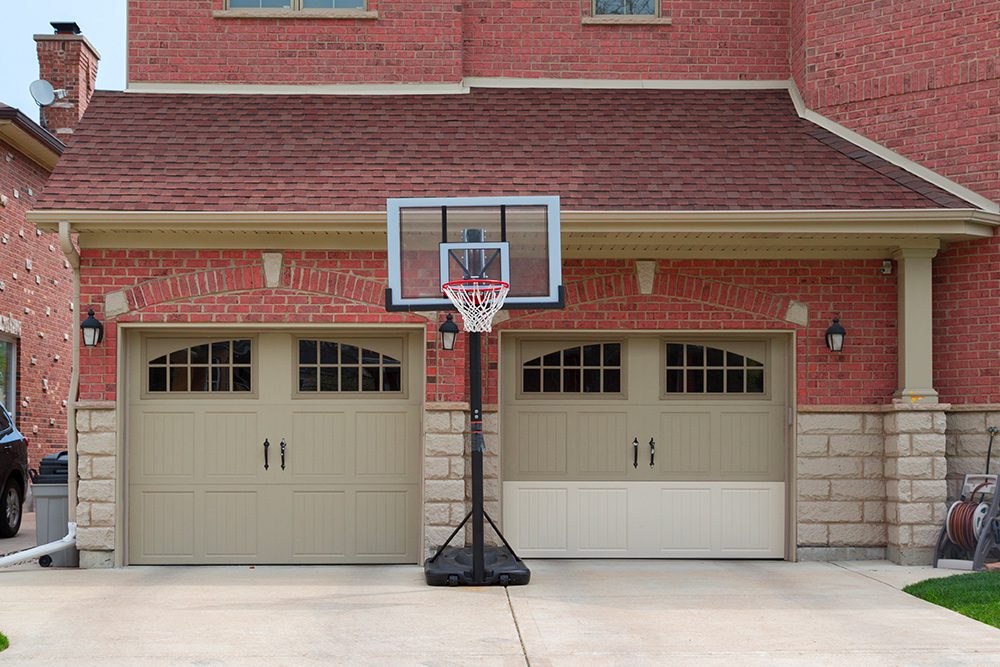“Not today” was the thought that ran though my head. The score was 18-17, my heart was racing and I was legitimately nervous. I had never trailed this late in a game before when trying my hardest, but my opponent was making all the big shots. I was facing the reality that this might be the day I lost for the first time.
This wasn’t a nostalgic memory from high school; it was the latest 1-on-1 basketball game with my middle son, Max, an activity we have doubled-down on during the pandemic.
Since Max was about 11, I have not let him win these 1-on-1 games. I’d make the games close and fun, but would always manage to come through in the end.
For me, beating your dad, whether it’s at basketball, tennis, scrabble or cards, is one of those rites of passages that should be earned. I still remember the day I finally beat my dad in a game of 1-on-1 basketball; I’ve still never beaten him at golf.
In our hyper-connected world, instant gratification has become increasingly common and deferred gratification a lost art.
Parents and leaders are constantly seeking to remove obstacles that kids might or should face. As a result, minimal effort is often associated with rewards and praise (e.g. participation trophies), which only serves to create a false association between effort and outcomes.
A lesson that many children are robbed from learning is that many of our biggest or most notable life achievements require patience, perseverance and resilience. They won’t be handed to us. We have to diligently work towards them – sometimes even fight for them – over many years, winning and losing along the way.
It’s in this critical process that we develop intrinsic motivation and strengthen our resolve. And when we do finally reach that goal or accomplishment, the feeling will be amazing because we will have earned it. There is perhaps no greater fulfillment than achieving something simply because it was meaningful to you, not because there was an obvious external reward.
For some, reaching a goal is enough. For others, seeing a new person or group of people pushing for our current summit is motivation to seek new heights. That’s the beauty of healthy competition. It can keep us expanding beyond our own limits.
Aligned with this is the art of winning and losing well. No one appreciates a bitter loser or an arrogant winner. My son Max certainly doesn’t like losing these games, but he’s always a good sport about it when he does and I don’t gloat about my winning streak.
When I do finally lose to Max, which is likely soon based on his far superior ball handling skills and a recent growth spurt that has closed our height gap, it will be a special moment. While I do not want to lose, I am so looking forward to seeing the look of satisfaction and delight on his face when he knows he beat me for the first time and truly earned it.
And once that happens, I have no doubt the tables will turn in short order and then I’ll be the one looking to pull off an occasional upset on the wrong side of history.
That’s how life works, after all.
This time, however, I won the game 21-18, by playing tough defense and out-hustling him on a few key rebounds. I (jovially) made sure to let him know that he lost because he was out-worked by his middle-aged dad.
Yet another great lesson for life: hard work usually beats talent that doesn’t work hard.
So, not today, Max. Likely very soon, but not today.
Quote of The Week
“Most people aren’t anywhere near to realizing their creative potential, in part because they’re laboring in environments that impede intrinsic motivation.”
– Teresa Amabile









